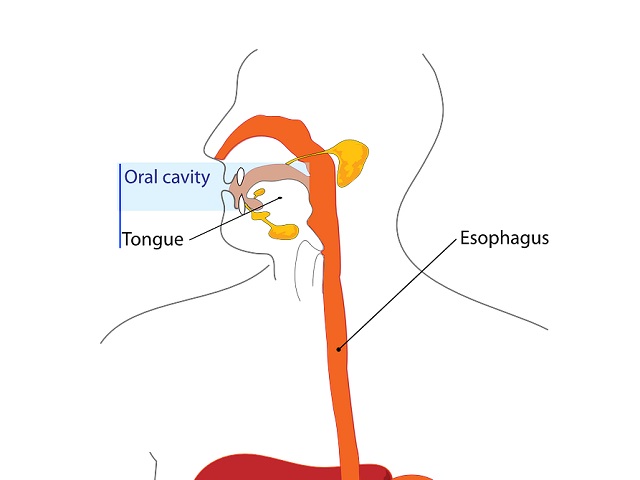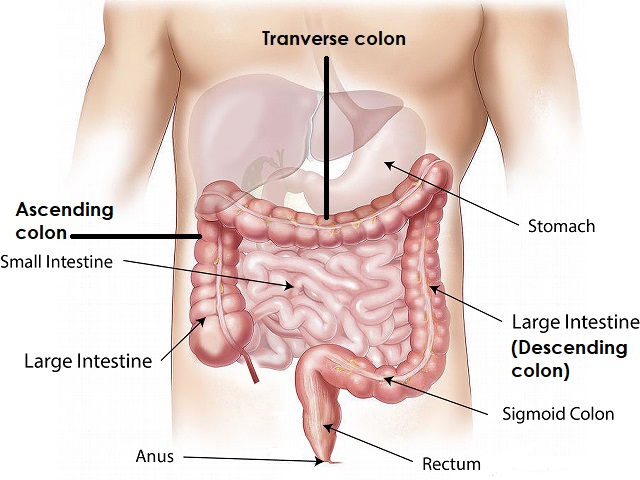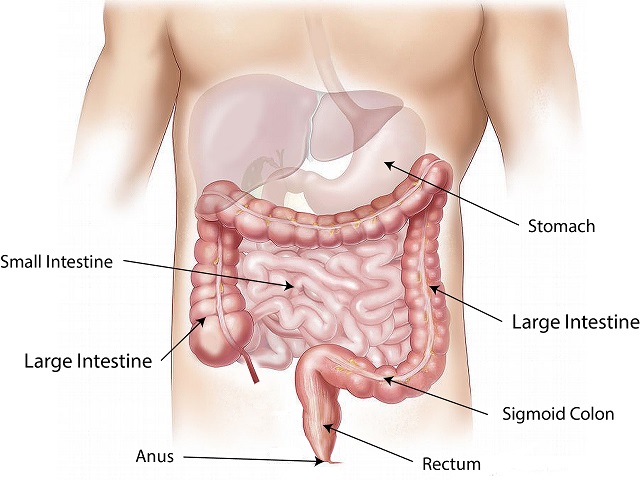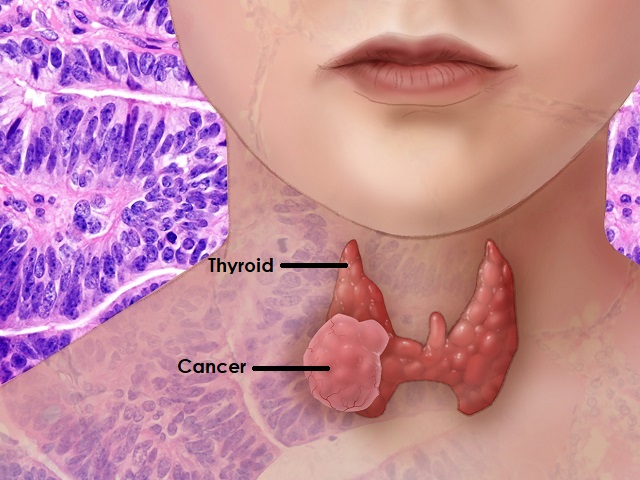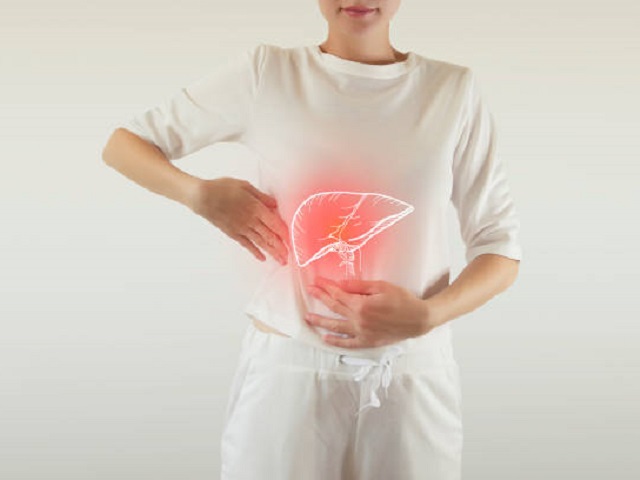6 Signs You May Have Esophageal Cancer -- Symptoms, Causes, Effects, Treatment and Prevention
Esophageal cancer is a malignancy that affects the esophagus, the tube connecting the throat to the stomach. It can cause various symptoms and requires proper diagnosis, treatment, and preventive measures. Let's explore the symptoms, diagnosis, causes, effects, treatment, and prevention of esophageal cancer:
Symptoms of Esophageal Cancer:
Esophageal cancer may present with several symptoms that can vary from person to person. Common symptoms include:
- Difficulty swallowing (dysphagia)
- Chest pain or discomfort
- Unintended weight loss
- Persistent cough or hoarseness
- Regurgitation of food
- Heartburn or indigestion
Diagnosis of Esophageal Cancer:
Detecting esophageal cancer involves various diagnostic procedures. Here are some common methods:
- Upper endoscopy: A flexible tube with a camera is inserted through the mouth to visualize the esophagus and collect tissue samples for biopsy.
- Imaging tests: CT scans, PET scans, or barium swallow studies help assess the extent of the cancer and identify any spread to nearby structures.
- Biopsy: Tissue samples obtained during endoscopy are examined under a microscope to confirm the presence of cancer cells.
Causes of Esophageal Cancer:
Several factors can contribute to the development of esophageal cancer. Here are some common causes:
- Gastroesophageal reflux disease (GERD)
- Chronic inflammation of the esophagus (esophagitis)
- Barrett's esophagus (a condition caused by long-term acid reflux)
- Tobacco use (including smoking and chewing tobacco)
- Heavy alcohol consumption
- Obesity and poor diet lacking in fruits and vegetables
Effects of Esophageal Cancer:
Esophageal cancer can have significant effects on a person's health and well-being. Some common effects include:
- Difficulty swallowing and pain while eating
- Weight loss and malnutrition
- Obstruction of the esophagus, leading to further complications
- Potential spread of cancer to nearby lymph nodes, organs, or distant sites (metastasis)
Treatment of Esophageal Cancer:
Treatment for esophageal cancer may involve a combination of approaches tailored to each individual. Common treatment options include:
- Surgery: Surgical removal of the tumor and nearby lymph nodes is often the primary treatment.
- Radiation therapy: High-energy radiation is used to kill cancer cells or shrink tumors.
- Chemotherapy: Anti-cancer drugs are administered to kill cancer cells or slow down their growth.
- Targeted therapy: Drugs that specifically target cancer cells with certain genetic mutations.
- Immunotherapy: Stimulates the immune system to recognize and attack cancer cells.
Prevention of Esophageal Cancer:
While it may not be possible to prevent esophageal cancer entirely, certain lifestyle choices can reduce the risk. Here are some preventive measures:
- Quit smoking and avoid tobacco products.
- Limit alcohol consumption.
- Maintain a healthy weight.
- Follow a balanced diet rich in fruits and vegetables.
- Manage GERD through lifestyle changes and medication.
References:
American Cancer Society. (2021). Esophagus Cancer. Retrieved from https://www.cancer.org/cancer/esophagus-cancer.html
National Cancer Institute. (2021). Esophageal Cancer Treatment (PDQ)�Patient Version. Retrieved from https://www.cancer.gov/types/esophageal/patient/esophageal-treatment-pdq





